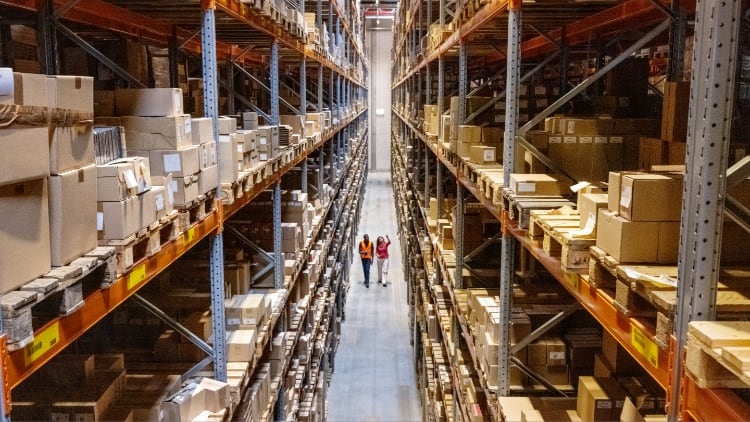Developed by cloud engineering company Storm Reply, the technology provides instant herb and spice analysis via a web-based portal. Users will be given access to chemometrics, AI-powered modelling and spectroscopy, using Bia Analytical’s scientific models to identify authenticity instantly.
For the user, it displays complex analytics in easy-to-understand dashboards and can be accessed by standard web browsers, meaning professionals across different locations and organisations can view the same information at the same time. The portal can also be connected to handheld spectrometers, which Bia Analytical launched as a new portable authentication service in 2024.
Commenting on the new technology, Bia Analytical CEO Simon Cole said: “With food supply chains being long and complex, fraud can occur at any point from the farm to the supermarket shelf. Testing more and testing faster are key for achieving food safety and security.
‘Making faster decisions’
“We knew there was a better way of helping the industry to make faster decisions. By providing anyone access to our scientific models through the cloud we’re significantly increasing testing capacity in the market, as well as freeing up our scientists to develop new models for other commodities.”
The platform is being initially used to test herbs and spices – a 2021 EU study found more than half of products in the market contained “some amount of undeclared plant material” – but the modelling technology can be applied to almost any commodity, formulation or specification in the supply chain, according to Storm Reply.
Storm Reply partner Rachel Grunwerg said: “Food analysis is an industry which needs modernisation. Bia Analytical brought us some challenging requirements which couldn’t be met by off-the-shelf solutions, and it’s been hugely rewarding working in partnership with them to digitise the testing process and demonstrate how it can benefit the whole supply chain and consumers.”
Reading Scientific Services Ltd (RSSL) has partnered with Bia Analytical to conduct a critical beta test aimed at advancing the development of the new food authenticity testing technology. Cole said the collaboration underscored the importance of ensuring the technology can be successfully used and integrated by external laboratories.
Transforming day-to-day testing
Mark Wilson, Senior Group Manager at RSSL, added: “Saving time on complex sample analysis has the potential to transform our day-to-day authenticity testing process.
“This partnership highlights the key technical considerations for system integration while reinforcing the solutions’ reliability and subsequent commercial effectiveness for instant food authenticity analysis.”
Cole concluded: “The current small-scale trials with the new authenticator portal show that the technology works and is accurate and secure. We’ll be offering the technology to more food testing labs throughout the coming year which will complement the transformation of quality control processes in the field by high-volume food manufacturers and grocery retailers.”
Meanwhile, what if food could tell you how fresh it is, if temperature abuse occurred in your supply chain and where, if fridges could automatically adjust because of predictions made by software? The reality is closer than you think…


